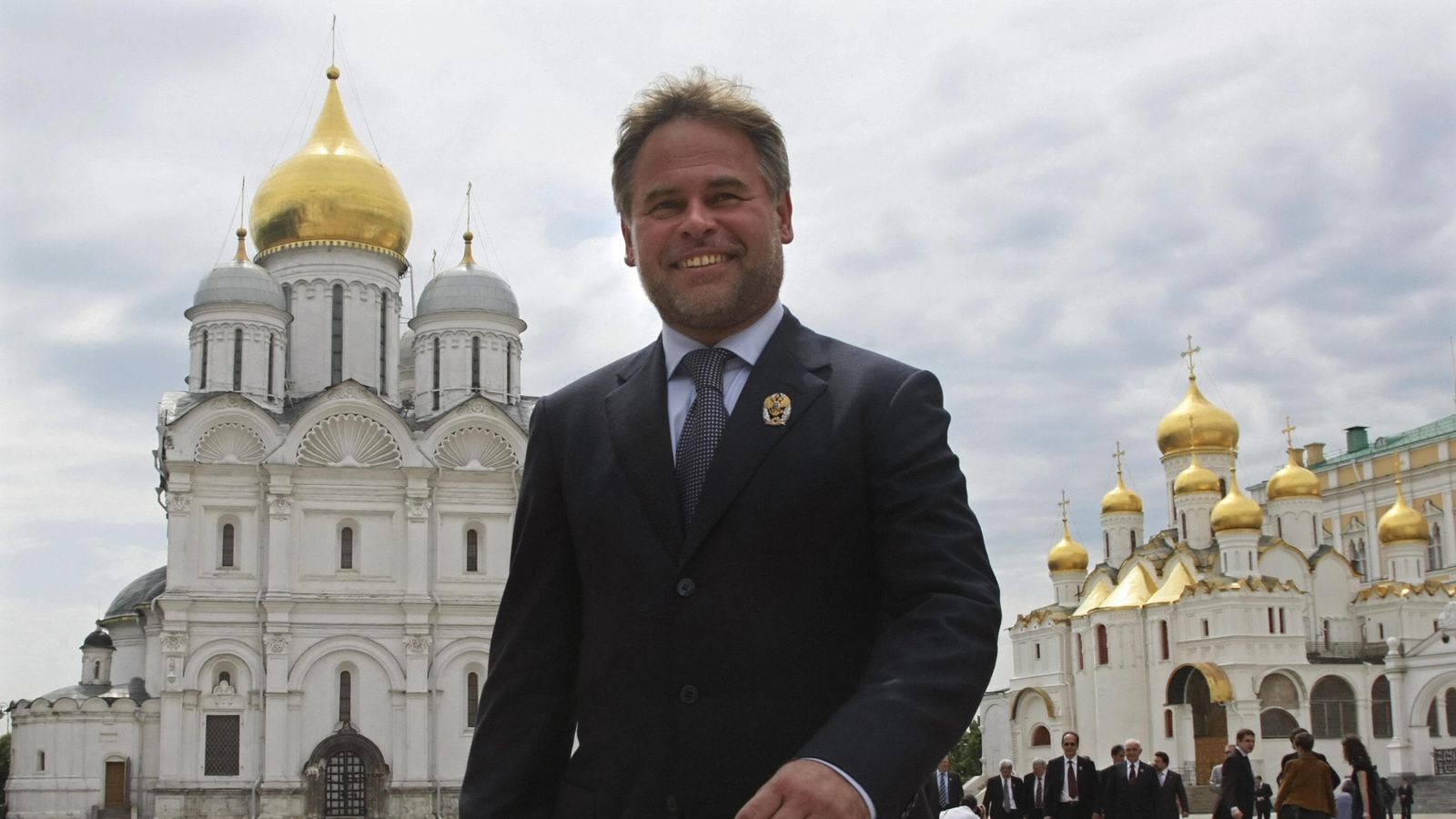

The company noted it was ready to work with the FCC and other US government agencies to address any regulatory concerns. “This decision is not based on any technical assessment of Kaspersky products – that the company continuously advocates for – but instead is being made on political grounds,” Kaspersky said following the announcement. All seven other organizations on the list hail from China, with among the most notable being Huawei and ZTE.įCC Commissioner Brendan Car said the designation would help the US secure its networks from “threats posed by Chinese and Russian state-backed entities seeking to engage in espionage and otherwise harm America’s interests." The two other companies the FCC added to the list on Friday were China Telecom and China Mobile, both of which were already subject to previous restrictions. Kaspersky Lab is a Russian multinational cybersecurity and anti-virus provider headquartered in Moscow, Russia and operated by a holding company in the. With the decision, US companies can’t use subsidies from the FCC’s $8 billion Universal Service Fund for supporting telecom deployments in rural and underserved communities to purchase products and services from Kaspersky. federal agencies and departments to stop using products or services supplied directly or indirectly by the Russian-owned and. The move marks the first time the agency has blacklisted a Russian company. Kaspersky said in a statement that it was disappointed by the directive and insisted it does not have unethical ties or affiliations with any government, including Russia.

On Friday, the Federal Communications Commission added Russia’s Kaspersky Lab to its “ Covered List,” labeling the cybersecurity firm an “unacceptable” national security risk to the US.


 0 kommentar(er)
0 kommentar(er)
